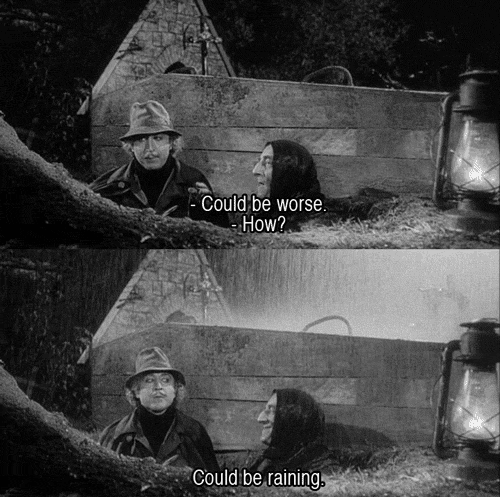SUMMARY
The discussion focuses on finding the set of ordered triples of a ternary relation R defined by the equation x² + 4y = z, where A = {1, 2, 3, …, 20}. The exhaustive search reveals the valid ordered triples as R = {(1,1,5), (1,2,9), (1,3,13), (1,4,17), (2,1,8), (2,2,12), (2,3,16), (2,4,20), (3,1,13), (3,2,17), (4,1,20)}. The values of x and y were systematically tested to ensure that z remains within the bounds of the set A.
PREREQUISITES
- Understanding of ternary relations in mathematics
- Familiarity with quadratic equations
- Basic knowledge of set theory
- Ability to perform exhaustive searches in problem-solving
NEXT STEPS
- Explore the properties of ternary relations in mathematical contexts
- Learn about quadratic equations and their applications
- Investigate set theory and its relevance in mathematical proofs
- Study algorithms for exhaustive search techniques in combinatorial problems
USEFUL FOR
Mathematicians, educators, students studying algebra, and anyone interested in combinatorial mathematics and relations.
